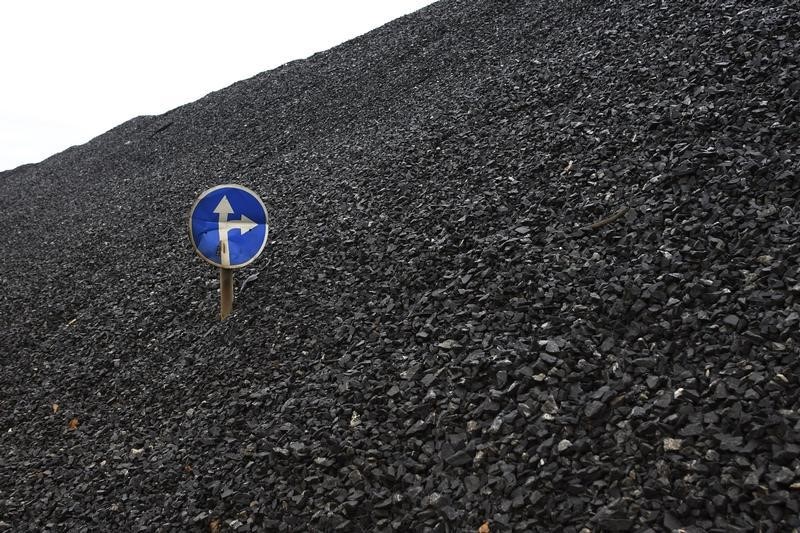(Repeat story published on Tuesday, no change to text)
* China imports of Australian coal fall to 70.86 mln T in 2015
* Australian coal loses price advantage over domestic output
* Indonesia 2015 shipments to China fall 40 pct to 28.28 mln T
BEIJING, Jan 26 (Reuters) - China imported 70.86 million tonnes of coal from its top supplier Australia in 2015, down one quarter compared to 2014, customs data showed on Tuesday, with demand in the world's biggest energy consuming country declining rapidly.
Overall imports, excluding lower-grade lignite, declined 31.5 percent to 155.81 million tonnes during the year, figures from China's General Administration of Customs showed.
Australian coal suppliers have normally benefited from lower production costs, which enabled them to outcompete domestic Chinese miners, especially during periods of peak consumption, but the price differentials eroded in 2015.
"The decline in domestic prices weakened the advantages of imports, and domestic users started to lean more towards domestic coal," said Wang Fei, coal analyst with Huaan Futures.
"Our forecast is that imports will weaken further in the first half of 2016 before picking up in the second half," Wang said.
China's second-biggest foreign coal supplier, Indonesia, saw its shipments fall even more last year, down 39.8 percent at 28.28 million tonnes. Indonesian suppliers were affected by China's tougher coal quality requirements, but they have also been struggling to maintain operations at current price levels.
"At this price of around AU$40 a tonne a lot of marginal producers, including those in Indonesia, have shut down," said Helen Lau, analyst with Argonaut Securities in Hong Kong. "We don't expect to see any increase in prices so the Indonesian coal production will remain shut," she said.
Mongolia, which has banked on Chinese resource demand to drive its growth, saw coal shipments drop 25.4 percent to 14.34 million tonnes in 2015.
Deliveries from North Korea, however, rose 26.9 percent over the year to 19.63 million tonnes, a rise that analysts have attributed to political rather than economic factors.
China, by far the world's biggest coal producer, has been trying to encourage cleaner forms of energy in order to cut pollution and greenhouse gas emissions, but its economic slowdown has also eroded demand.
Domestic raw coal output fell 3.5 percent last year to 3.68 billion tonnes, its second straight annual decline.
